
There are many interesting personalities in the Linux and open-source world.
We aim to interact with them and share their stories/thoughts with you. While we did a few interviews in 2021, we are resuming the mission to share insightful conversations with amazing folks in our open-source and Linux universe.
Related Read 📖
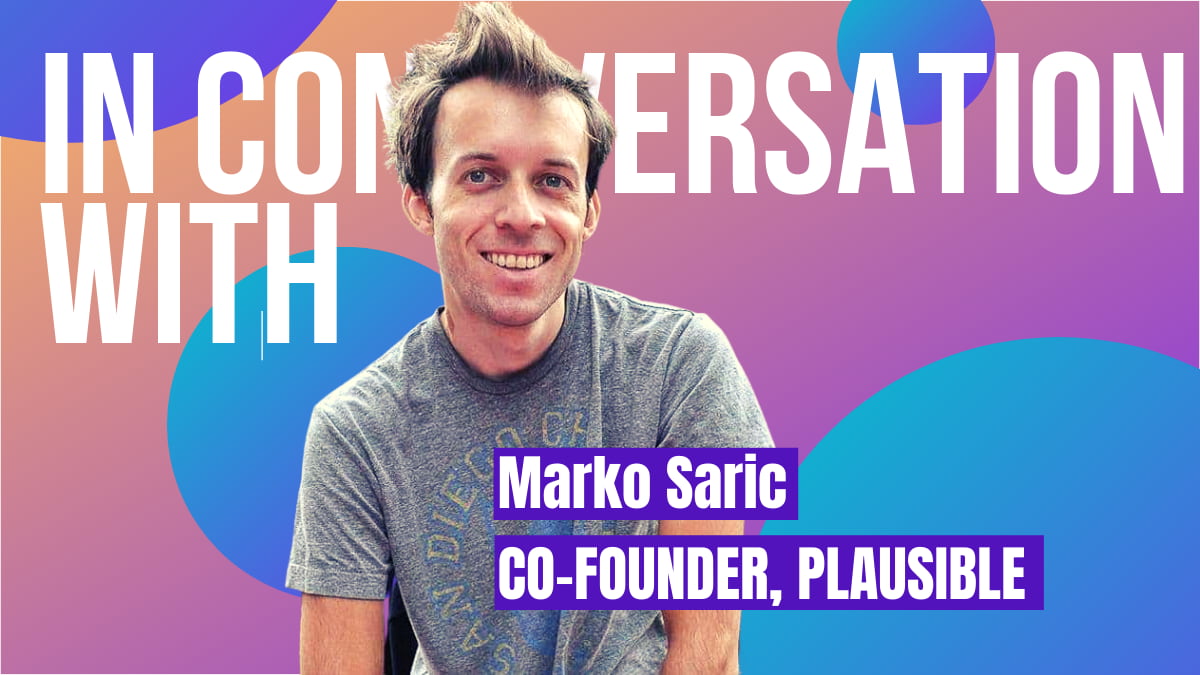
Mirko Brombin is one such cool guy 😎 He works as a UX designer full-time, and despite doing all that, he is involved with open-source projects that we admire!
If you did not know, he is the creator of Bottles (an app to run Windows apps/games on Linux) and Vanilla OS's founder.
So, I asked a couple of questions to provide details about his projects, his work/life, and some valuable tips for our readers who want to join the open-source community.
Q. Many people think that we have more than enough distros. Why Vanilla OS?
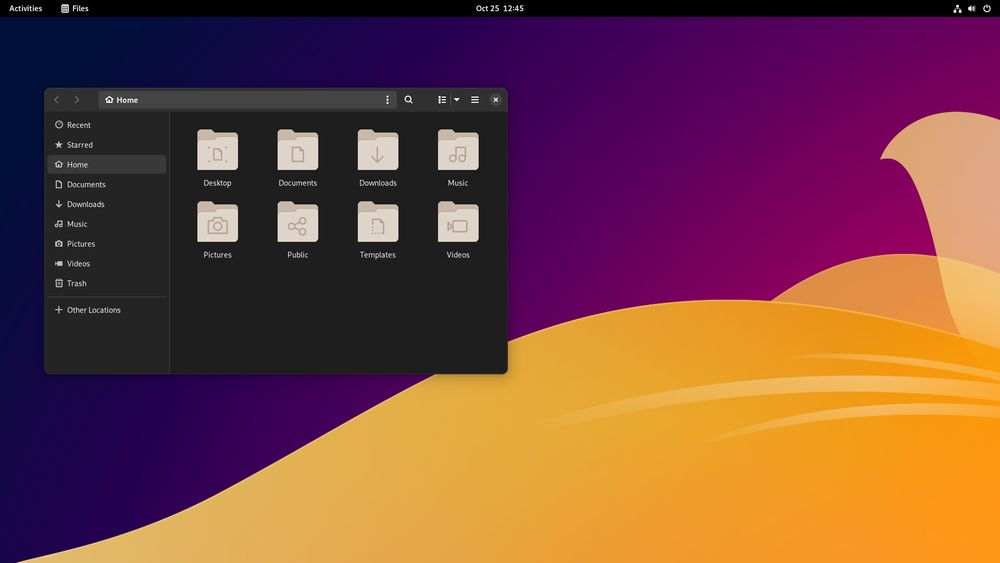
A: It is because this one is 10x faster and safer than all the others!
Just kidding. Vanilla OS was born mainly out of a need of mine and a desire to experiment. I have been a Linux user for many years and have tried many distributions. They always suffered from the lack of certain features and concepts that led me to compulsively distro-hop. In recent years I have been a happy user of Silverblue, a distribution that made me explore the benefits of immutable systems.
Silverblue is a fantastic project. It's one of the most solid distributions I have tried. However, it does not fully meet my needs. Maintaining Bottles often requires me to play games for testing purposes, and having an NVIDIA GPU, I have had quite a few problems with Silverblue, from driver installation to constant driver breakage and a distinctly noticeable drop in performance.
Let's be clear, NVIDIA is a problem in every distribution but there is much that can be done to improve the quality of life for users using these GPUs, such as guiding driver installation, pre-configuring the setup for Optimus (Integrated+Dedicated) laptops, and allowing PRIME profile switching in an easy way. To date, only Ubuntu and derivatives have been pre-configured for this workflow.

My problem with Ubuntu-based distributions is that they do not offer an experience compatible with my needs either. I am a devoted GNOME user, I fully endorse the user experience envisioned by GNOME, and I am completely addicted to it.
I understand the need for Ubuntu, Pop!_OS, and others to provide their own vision and branding, but these modifications are deal breakers for me and probably for many users. GNOME designers and developers are professionals that have been working in this industry for countless years, perfecting their vision, but many distributions change the workflow in ways that I cannot use my systems effectively.
Another problem with Ubuntu is that it does not offer immutability and atomicity of transactions, two mechanisms that make the system solid and safe from easy breakage, for example, when an update goes wrong.

Adding up all those shortcomings and my passion for throwing myself into increasingly complex projects, I decided to create Vanilla OS, an Ubuntu-based distribution, with a stock GNOME desktop and all the merits of immutability and atomicity.
Q. Some of your projects, like Bottles and the upcoming Vanilla OS, are immensely popular. Do you have other project ideas for the future?
A: I have a long list of projects that I would like to accomplish in the future, but my next goal is to develop and contribute to a project idealized by @TheEvilSkeleton: a utility to configure MangoHud, an overlay that displays useful information about game FPS, temperatures, CPU/GPU load and more.
With this new project, we plan to integrate it in Bottles and provide a graphical interface to customize MangoHud parameters. Similarly, we did the same thing for vkBasalt with vkbasalt-cli.
Related Read 📖
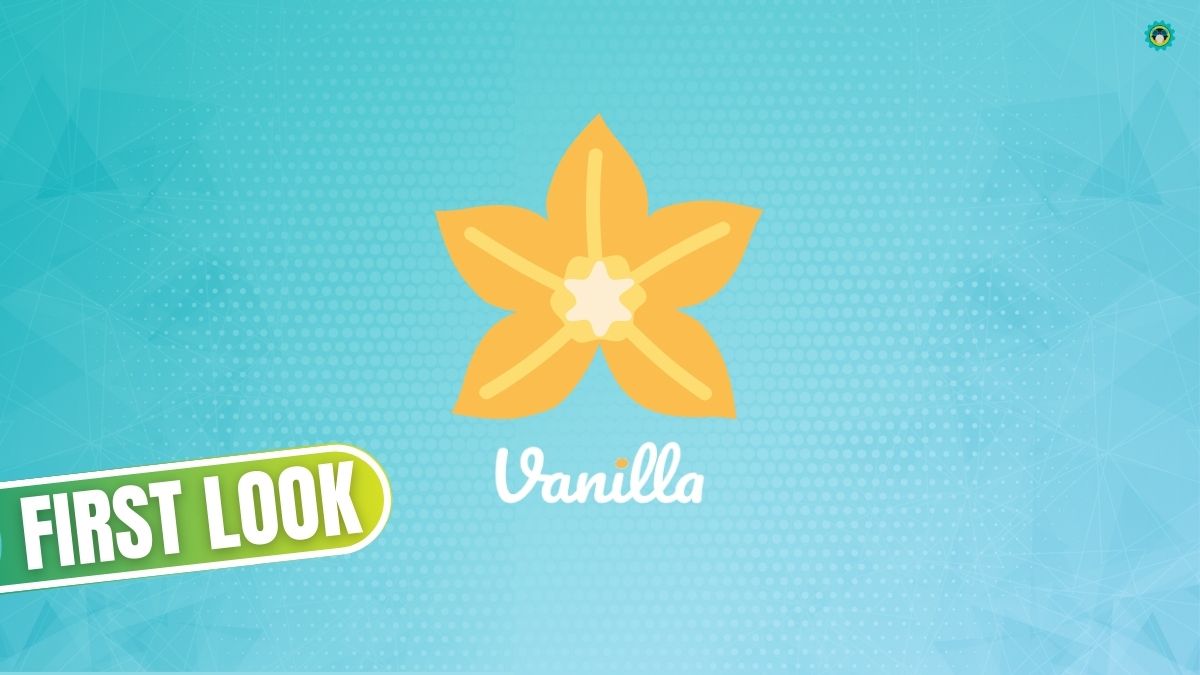
Q. There will always be a new distro, even if some of us would rather not see more. When I tried out Vanilla OS, it did not feel like “just another distro” but with a unique angle to it.
So, what’s your near future plan with Vanilla OS?
A: My future plan for Vanilla OS is to make the project sustainable so that I can work on it full-time. This is more of a dream in my drawer but, who knows.
I have many ideas that I'll share on social media eventually. Something I can tell you now is that one of my dreams is to see Vanilla OS on multiple platforms like desktops, mobile, and tablets. I want to create an environment with an Apple-like continuity, without the scamming, as the user experience is always the main focus for me.
Q. Bottles is a fantastic tool to help users run Windows software on Linux in a few clicks. Various other tools like Heroic Games Launcher have been trying to make things easy for Windows users to play their favorite games on Linux easily.
How do you think that’s going? Do you have any stats to share about that through Bottles?
A: Heroic is a project that I admire and follow closely. I am friends with Flavio (the founder) and Linguin (one of the developers), and I know how hard the whole team is working to make the gaming experience on Linux more and more fulfilling, so a Hooray! for Heroic.
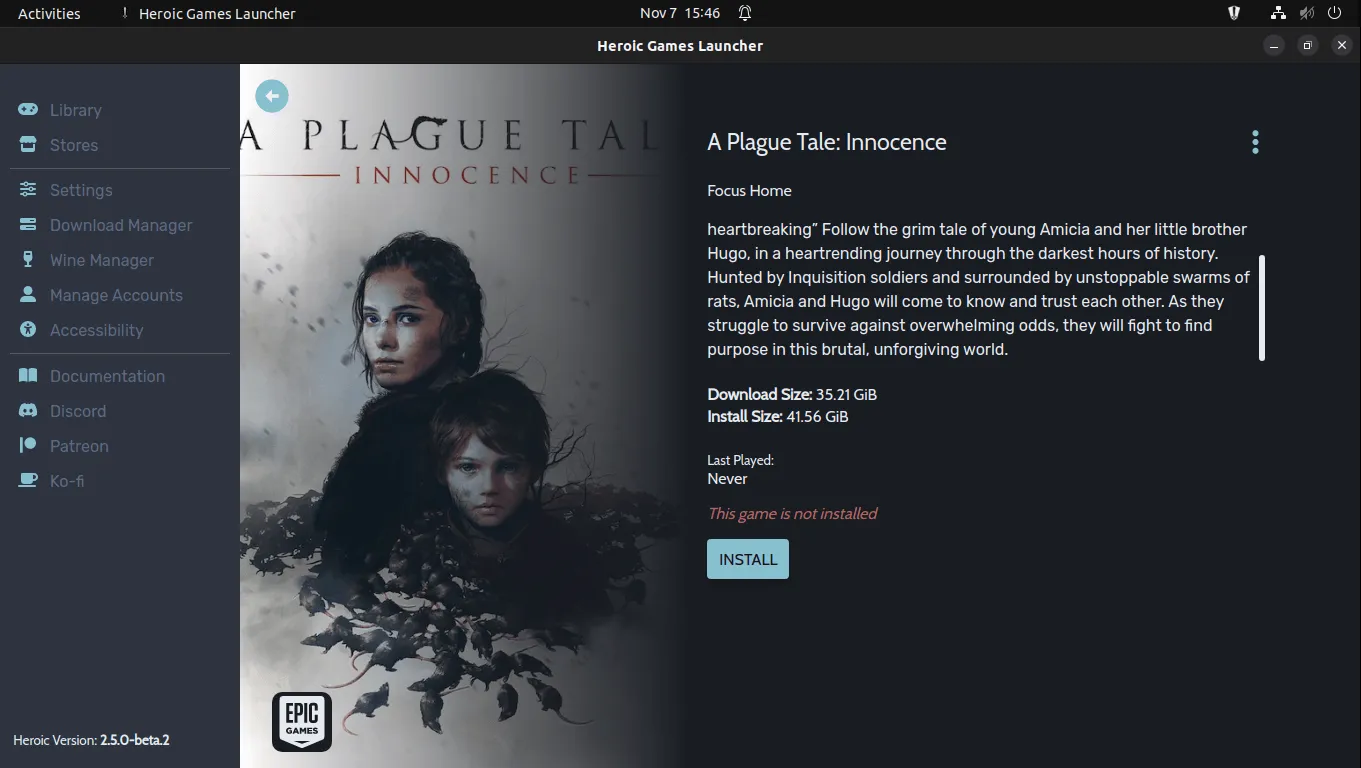
Bottles is like a son to me, I have raised him at my best, and he is giving me a lot of satisfaction. Recently I had to decrease my presence in the project to focus on others and my daily job. This has been possible thanks to a team of contributors who have joined over time, people who share the same vision of the project as I do and cherish its ideals.
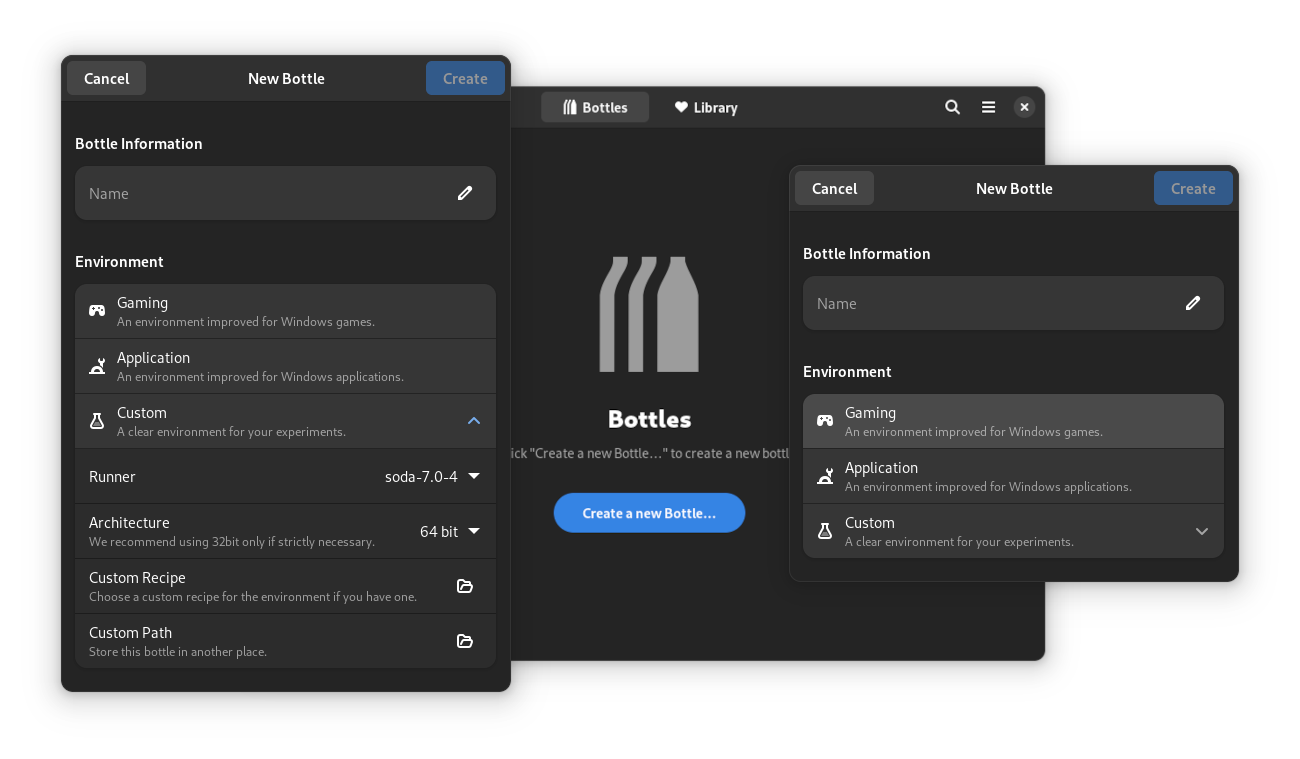
The structure of the project is changing radically. Initially, I was the one making every decision, whereas now everything is discussed and put to a vote, trying to get a shared verdict. In this, it is like watching a son grow up and make his own decisions, aware of what I have taught him over time.
Release 2022.11.14, is the first release entirely developed by the Bottles team. One of the best releases ever in my opinion. For this, I have to give special thanks to @TheEvilSkeleton, who led the release, and noëlle, who made the graphics part.
A small milestone I would like to share with you is the achievement of 400,000+ downloads from Flathub. 🎉
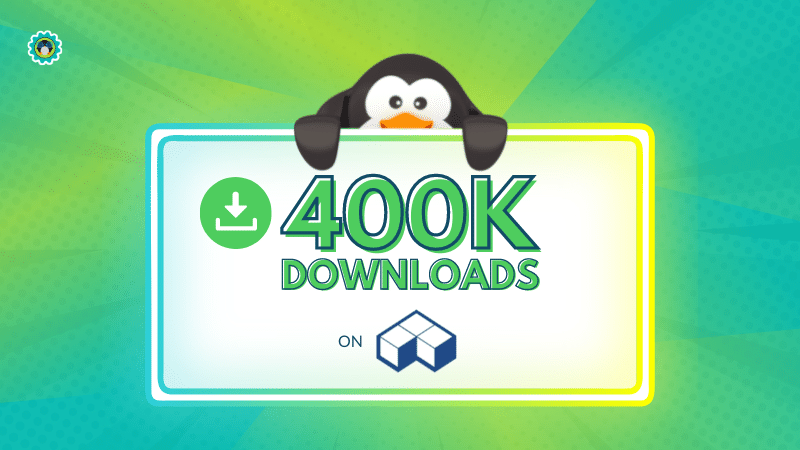
Related Read 📖

Q. If someone gets interested in contributing to any one of your projects. What advice would you give them? What programming language should they focus on if they want to collaborate with you?
A: My advice is not to be afraid to contribute and ask questions, even if it's a "bad" question. Even if you are afraid. There is no such thing as a bad contribution. A well-written ticket is already a great way to do your part. Personally, I don't give weight to contributions, I give credit to those who have spent much more time certainly, but for me, every single contribution is a small brick that helps the project grow.
I mostly use Python and Go for my projects but I would not make it a requirement. If a user wants to help with Vanilla OS, for example by making an application we need, well, they can use whatever language they like.

The only thing I would ask is to carefully consider the language and choose the one best suited for the type of project you need to create, as the choice will affect who can contribute (or not), for example, I would never choose Rust for a small tool, as Rust is not an easy language for newcomers and new contributors typically contribute to smaller projects that are written in user-friendly languages.
Q. Other than your creations, what other project or distro would you mention as one of your favorites?
A: I have many projects that I would like to mention here, but it would become a season of Vikings. Among all of them, the one that, in my opinion, deserves mention is Distrobox, a project made by Luca di Maio, a friend of mine as well as an active member in the making of the Vanilla OS project.
Distrobox is a tool that installs Linux distributions inside managed containers integrated with the system, allowing, for example, to install and run software in a Fedora container while running Ubuntu, integrating it seamlessly with the host system.
Related Read 📖

Distrobox is also employed by Apx, the Vanilla OS package manager. Every package installed through Apx resides in the Distrobox container, keeping the system safe from any discrepancies or breaks from a possible update gone wrong.
Q. How do you keep up with all the projects you’re working on? What’s your mantra on productivity or time management?
A: Contrary to what you may think, I don't work much on my projects, my daily job takes a lot of my time, and I have many other passions to cultivate.

I don't have any particular time management or organization; normally I try to stay focused on my projects by reasoning about them in my spare time and taking notes, so as soon as I get back to work on a project, I already have a clear idea of what I need to do.
Q. You are also a GNOME Foundation member. What’s it like being a GNOME foundation member? Can anyone apply to be a part of it?
A: I am still a very recent member and I don't have much to say, except that it is wonderful to be inside the project that I absolutely love and respect the most, as it has changed the way I use my PC, with a workflow designed to be free of distractions and where everything is intuitive and immediate; in short, where the user experience is always first.
Anyone can apply, as long as they are an active person with demonstrable contributions.
Q. As a GNOME foundation member, what do you think GNOME should improve compared to the KDE Plasma side?
A: I don't want to sound brash but I think GNOME is currently complete as it is. I've seen it grow since the beginning and I know how many steps have been taken since GNOME 2 and 3, I'm sure many more are to come but right now I can't find a lack in comparison to KDE.

I know at this point someone is saying "Eh but KDE has themes and a setting for this and that." and I agree, it is a fact that KDE is the most customizable desktop environment of all, but you have to understand that GNOME doesn't implement all these settings because the whole thing is designed to provide a single, but efficient, user experience. Providing a setting to change every single aspect of it is more of an invitation for the user to do so, feeding bug reports for a different experience than designed.
It is important to understand that more customization inevitably leads to more discrepancies and bugs, as all components of the system are meant to work in a certain way, and altering them takes you out of the testing environment that is used in GNOME.
Q. What do you like to do in your spare time?

A: In my free time, I love to write recipes or listen to the world's history podcasts.
10-yo Mirko would find me boring, haha 😁
Q. A message to our readers (to inspire them/add a tip that you always wanted to share, etc)

A: Don't be afraid to contribute or speak. I often find that someone has a great idea to solve a problem and has never told anyone because of the fear that it was wrong. Let's be clear that a contribution is something to improve and is therefore always welcome.
Certainly, not all ideas are feasible or correct but dialogue is a great way to find out.
Don't be shy; come on!
- Even the biggest players in the Linux world don't care about desktop Linux users. We do.
- We don't put informational content behind paywall. Your support keeps it open for everyone. Think of it like 'pay it forward'.
- Don't like ads? With the Plus membership, you get an ad-free reading experience.
- When millions of AI-generated content is being published daily, you read and learn from real human Linux users.
- It costs just $2 a month, less than the cost of your favorite burger.
Become a Plus Member today and join over 300 people in supporting our work.







